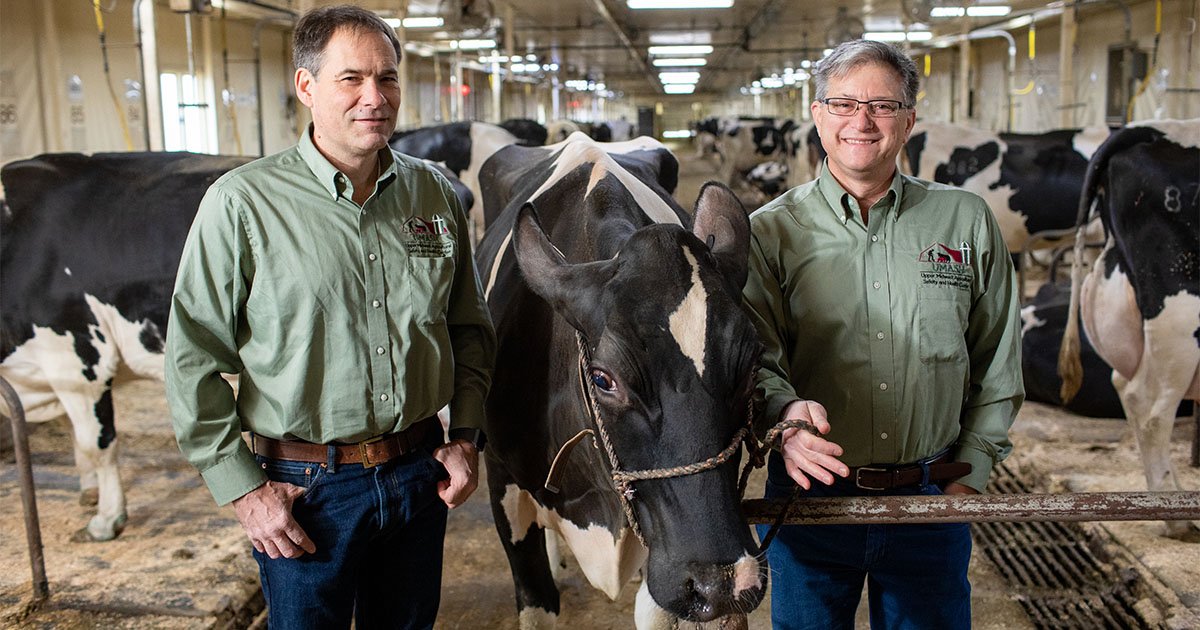The University of Minnesota’s program for animal care and use in research and teaching has received a renewal of full accreditation following an on-site review in the fall of 2024. The School of Public Health was among the UMN schools and divisions that were reviewed and received full accreditation.
The University’s animal care and use programs received continued full accreditation from AAALAC International, a leading accreditor that promotes the humane treatment of animals in science. AAALAC’s November 21 accreditation letter recognized the University for providing and maintaining a quality program of laboratory animal care and use and commending the University’s documentation, its animal care supervisors and managers for conscientiousness, its animal care personnel for their knowledge and training, and its clean and well-managed facilities.
In keeping with federal regulation, all University projects involving animals are individually reviewed by the Institutional Animal Care and Use Committee (IACUC) to ensure that they are justified by their societal benefits and to minimize any animal pain or suffering. IACUC regularly inspects all facilities housing UMN animals.
In addition to SPH, the AAALAC’s accreditation applies to the University’s Research Animal Resources (RAR) facilities, School of Medicine (including Duluth medical school campus), School of Dentistry, College of Pharmacy, College of Veterinary Medicine, the Department of Psychology in the College of Liberal Arts, and The Hormel Institute.
Having AAALAC’s accreditation ensures that the University can conduct impactful research and teaching initiatives that rely on the responsible use of animals. Nearly every medical treatment or diagnostic tool available to patients and their doctors today was developed with the help of animals in research.
A Commitment to Ethical and Responsible Research
Over the past two years, the University’s Research and Innovation Office (RIO) has prioritized enhancements in animal care and use initiatives, including hiring a compliance veterinarian to support regulatory committees and investing in preclinical research infrastructure such as a new electronic management system and updated equipment. RIO has also helped revitalize Research Animal Resources (RAR) by stabilizing staffing, increasing salaries, and seeking feedback from staff and researchers, all while setting a long-term vision to establish RAR as a national leader in high-quality animal care and research support.
“The renewal of full AAALAC accreditation is an achievement that everyone involved in animal care and use at the University should take pride in and demonstrates our collaborative commitment to upholding the highest standards of humane and responsible animal welfare,” said Nathan Koewler, DVM, DACLAM, the University’s attending veterinarian. “It highlights both the University’s and RIO’s dedication to animal health and welfare, scientific integrity, and the safety of all personnel working in these facilities. It’s a moment to celebrate, even as we continue striving for improvements in research facilities, animal health and care, and process refinements.”
A longer version of this article originally appeared on the website of the UMN Research and Innovation Office. To view the article, go here.

